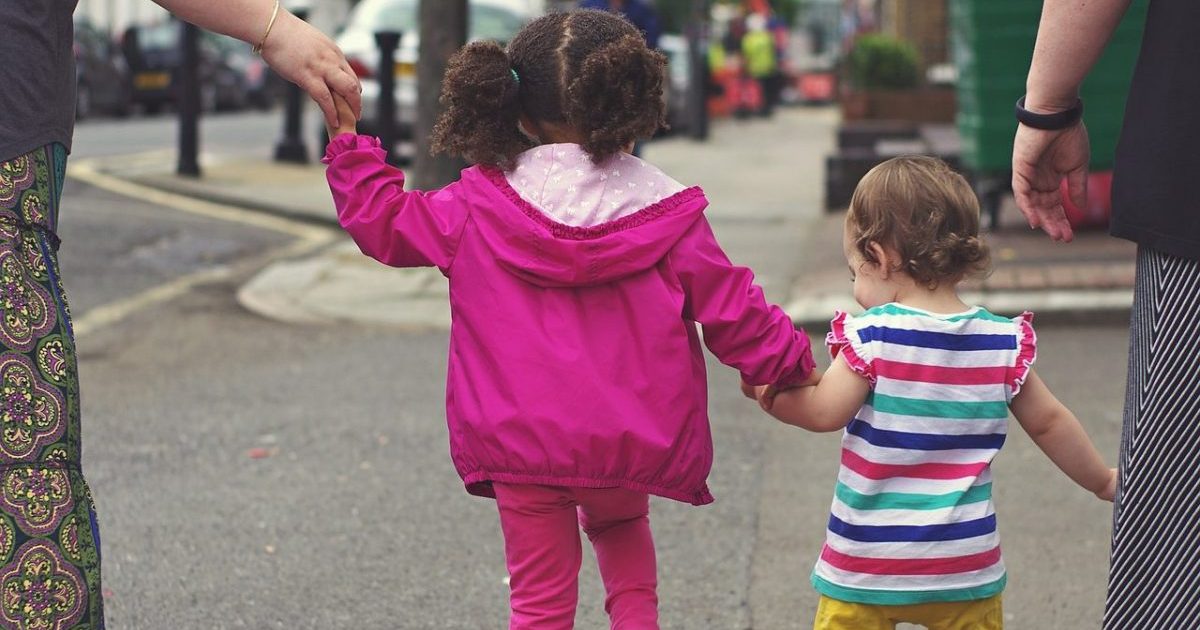Michigan’s child welfare system has improved over the past decade, state says
The Michigan Department of Health and Human Services recently reported that significant progress has been made in the past 13 years.

Michigan’s child welfare system has been monitored by the federal government since 2008. That’s the result of a lawsuit filed in 2006, claiming the system had harmed children in its care. The Michigan Department of Health and Human Services recently reported that significant progress has been made in the past 13 years and that the agency is making substantial steps to exiting federal oversight.
Through the past decade or so, the agency and the state at large have implemented new practices to change the relationship families and youths have with the beleaguered child welfare system. Speaking in court last month, MDHHS outlined the ways the state has improved its child welfare system, including a 47% decrease in the number of children in foster care; the number of children in congregate care facilities dropping from 1,200 in 2008 to 450 today; and a decline in overdue investigations of suspected child abuse and neglect, from 1,260 in July 2019 to 22 at the end of 2021.
“Studies have shown that keeping kids safe in their communities, with the right services and with the right wraparound services around at home, leads to better outcomes for our youth and our families.” —Demetrius Starling, Michigan’s Children Services Agency
Demetrius Starling, the Executive Director for Michigan’s Children Services Agency, says the information the agency learned from research and community partners have helped change the way children are approached in the welfare system all together.
He says the agency understands it doesn’t have all of the answers, but officials have been working with faith-based groups, schools, law enforcement agencies, hospital administrators and other community leaders who can help the agency “get some of this work moving forward.”
“Studies have shown that keeping kids safe in their communities, with the right services and with the right wraparound services around at home, leads to better outcomes for our youth and our families,” Starling says.
The changes at the agency have led to a “paradigm shift,” Starling says. “Under the current administration, we have had some really crucial conversations and made sure that the focal point of some of our priorities lie around prevention and lie around the fact that if we can keep kids safely in their homes, we’re going to do that instead of removing [the children].”
The state has set a goal for federal oversight to end this year.
“We feel as if we’re making some really substantial steps to get towards talking about exits,” Starling says. “We’re talking about the decrease in children in congregate care, the decrease of kids who are in foster care, putting together strategies that seek the voice of our youth and families, including formations of parent advisory boards, and thus significant decrease in decline of physical restraints.”
Trusted, accurate, up-to-date.
WDET strives to make our journalism accessible to everyone. As a public media institution, we maintain our journalistic integrity through independent support from readers like you. If you value WDET as your source of news, music and conversation, please make a gift today.

